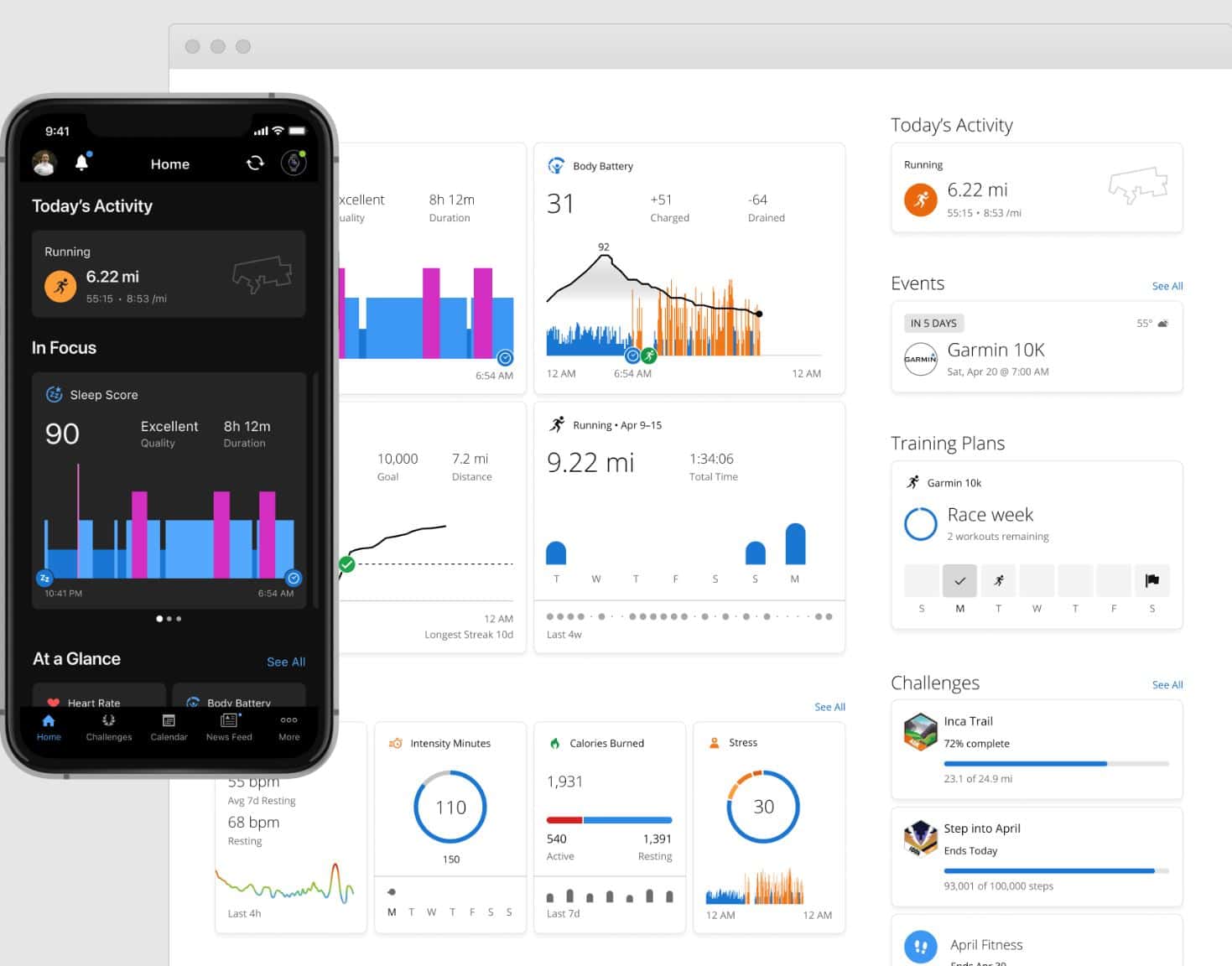The city of Atlanta has experienced overwhelming success with its new e-bike rebate program. Launched by the Atlanta Regional Commission (ARC), the initiative has received an impressive response, with nearly 9,000 residents applying for the rebate by the June 23 deadline. This represents more than 2% of the city’s adult population, highlighting the significant interest in alternative modes of transportation.
With a $1 million investment from the city, the program aims to incentivize the adoption of e-bikes among Atlanta residents. Eligibility for the rebate is simple; any resident of Atlanta aged 18 or older can apply. Almost half of the applicants, around 4,400 individuals, reported being income-qualified, falling within or below 80% of the region’s median household income.
To ensure equitable distribution of rebates, 75% of the allocations were reserved for low- and middle-income earners. These individuals are eligible to receive $1,500 for a standard e-bike or $2,000 for a larger cargo bike capable of transporting goods or an additional passenger. Other residents who do not meet the income criteria can still benefit from the program, with rebates of $500 for a standard e-bike and $1,000 for a cargo bike.
The ARC implemented a lottery system to select the initial batch of 413 rebate recipients. Winners can choose their e-bike from any of the 12 participating vendors located within the city. The e-bikes available offer impressive features, including speeds exceeding 20 miles per hour and a range of up to 50 miles.
For those who missed out on the first round, there is still hope. The program plans to reopen applications in late August, followed by another lottery in September, and a potential third round in October. Officials estimate that between 800 and 1,000 e-bikes will be purchased through the rebate program, further promoting sustainable transportation options in Atlanta.
To learn more about this exciting program and how to apply for rebates, interested individuals can visit the Atlanta Regional Commission’s website. The overwhelming response to the e-bike rebate program underscores the growing demand for alternative transportation solutions and showcases Atlanta’s commitment to sustainable mobility.
The success of Atlanta’s e-bike rebate program highlights the growing interest in alternative modes of transportation and the city’s commitment to sustainable mobility. With nearly 9,000 residents applying for the rebate, it is clear that e-bikes are becoming a popular choice for commuting and transportation in Atlanta.
The e-bike industry is experiencing significant growth, not just in Atlanta, but globally. According to market research, the global e-bike market is projected to reach a value of $46 billion by 2026, growing at a compound annual growth rate (CAGR) of 6.1% during the forecast period. Factors such as increasing concerns about air pollution, rising fuel costs, and the push for sustainable transportation options are driving the market for e-bikes.
One of the key advantages of e-bikes is their ability to provide efficient and eco-friendly transportation. E-bikes have a lower environmental impact compared to traditional vehicles, as they produce zero emissions and require less energy to operate. They also offer health benefits, as they encourage physical activity by combining cycling with electric assistance. These factors contribute to the growing popularity of e-bikes among urban dwellers, especially in cities like Atlanta, where the need for sustainable transportation options is high.
However, despite the increasing demand for e-bikes, there are a few challenges that the industry faces. One of the main challenges is the high initial cost of e-bikes compared to traditional bicycles. Although the e-bike rebate program in Atlanta helps address this issue, affordability remains a barrier for many potential buyers. Manufacturers and policymakers are working towards reducing the cost of e-bikes and making them more accessible to a wider range of consumers.
Another challenge is the lack of infrastructure specifically designed for e-bikes. While regular bicycles can utilize existing cycling infrastructure, e-bikes require charging stations and dedicated parking spaces. Establishing a comprehensive infrastructure that supports e-bike usage is crucial for further adoption and integration of e-bikes into urban transportation systems.
To stay updated on the latest information about the e-bike industry and market forecasts, interested individuals can visit reputable websites such as Ebike Universe or Ebikes.ca. These platforms provide insights into the industry trends, technological advancements, and market analysis that can help individuals make informed decisions regarding e-bike adoption.
Overall, the success of Atlanta’s e-bike rebate program showcases the city’s commitment to sustainable transportation and the growing demand for alternative mobility solutions. As the e-bike industry continues to evolve and overcome challenges, e-bikes are expected to play a significant role in shaping the future of transportation.












